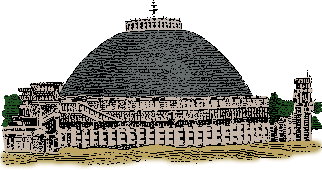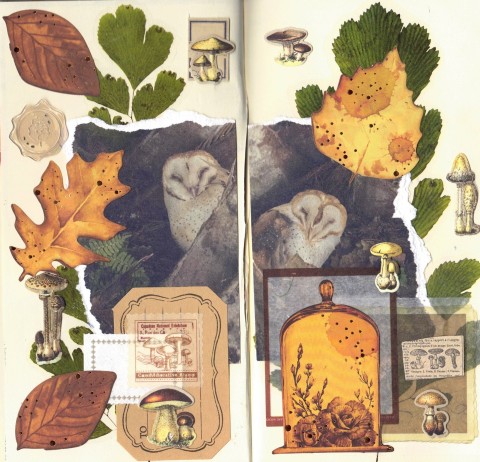sacerdotal [sas-er-doht-l]
adjective:
of, relating to, or characteristic of priests
characterized by belief in the divine authority of the priesthood
Examples:
He seemed indeed a sacerdotal figure - a high priest who offered his own life before accepting the animal's. Every one of us was transfigured by the rite. (Christopher North, Taurine state of grace , The Critic, March 2021 )
After the reading - ‘Neither pray I for these alone...' - one of the ladies was so pleased with the sacerdotal language that she blew me a kiss across the aisle. (Jason Goodwin, 'When someone dies, you can lose a place, as well as a person', Country Life, June 2019)
In the meltdown's aftermath, a small unregulated bank is unusually suspect, especially when operating in a 'sacerdotal-monarchical state established under the 1929 Lateran Treaty' and reporting to an abstract nominee with an ethereal address. Nor can it help that the bank is a market-maker in loaves and fishes. (Matthew Stevenson, The Vatican Bank: In God We Trust?, newgeography, May 2013)
The brand inspires a sacerdotal devotion in many of its workers (its archives contain the papers of one of the atelier's premieres, or heads, who served from 1947 to 1990). (Matthew Schneier, Atop Dior, Balancing Art and Commerce, The New York Times, July 2017)
He would immerse himself in the sacerdotal labor of translation. (Joyce Carol Oates, The Tattooed Girl)
Vixeela herself had at one time been numbered among the virgins but had fled from the temple and from Uzuldaroum several years before the sacerdotal age of release from her bondage. (Clark Ashton Smith, The Theft of the Thirty-Nine Girdles)
Having fixed upon this, I hired a little bark to Jubo, a place about forty leagues distant from Pate, on board which I put some provisions, together with my sacerdotal vestments, and all that was necessary for saying mass: in this vessel we reached the coast, which we found inhabited by several nations: each nation is subject to its own king; these petty monarchies are so numerous, that I counted at least ten in less than four leagues. (Father Lobo, A Voyage to Abyssinia)
One would almost imagine from the long list that is given of cannibal primates, bishops, arch-deacons, prebendaries, and other inferior ecclesiastics, that the sacerdotal order far outnumbered the rest of the population, and that the poor natives were more severely priest-ridden than even the inhabitants of the papal states. (Herman Melville, Typee)
Origin:
'of or belonging to priests or the priesthood,' c 1400, from Old French sacerdotal and directly from Latin sacerdotalis 'of or pertaining to a priest,' from sacerdos (genitive sacerdotis) 'priest,' literally 'offerer of sacrifices or sacred gifts,' from sacer 'holy' (see sacred) + stem of dare 'to give' (from PIE root do- 'to give'). (Online Etymological Dictionary)
Sacerdotal is one of a host of English words derived from the Latin adjective sacer, meaning 'sacred.' Other words derived from sacer include desecrate, sacrifice, sacrilege, consecrate, sacrament, and even execrable (developed from the Latin word exsecrari, meaning 'to put under a curse'). One surprising sacer descendant is sacrum, referring to the series of five vertebrae in the lower back connected to the pelvis. In Latin this bone was called the os sacrum, or 'holy bone,' a translation of the Greek hieron osteon. (Merriam-Webster)


